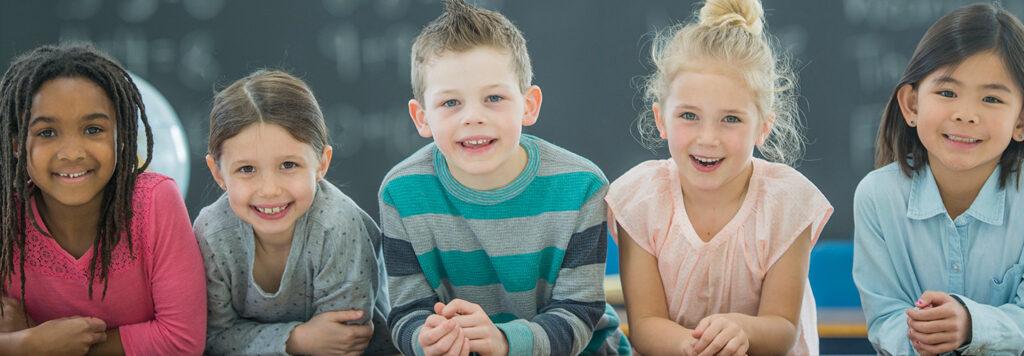The effects of social and emotional learning on student well-being
Social and emotional learning (SEL) is a crucial component of education that focuses on promoting students’ emotional intelligence, interpersonal skills, and overall well-being.
SEL programs aim to equip students with the necessary tools to navigate emotions, build positive relationships, also effectively handle social situations. The effects of social and emotional learning on student well-being are profound and have far-reaching implications for academic success and overall life satisfaction.

Emotional Regulation:
SEL helps students develop emotional regulation skills, enabling them to identify, understand, also manage their emotions effectively. Consequently, students become better equipped to cope with stress, anxiety, and challenging situations, leading to improved mental well-being.
Positive Social Skills: social and emotional
Through SEL, students learn to communicate effectively, resolve conflicts peacefully, also work collaboratively with their peers. These social skills contribute to a positive and inclusive school climate, reducing instances of bullying and promoting a sense of belonging.
Academic Engagement:
Students participating in SEL programs are more likely to engage in their academic pursuits. Improved emotional well-being and positive relationships with teachers also peers foster a conducive learning environment, enhancing students’ focus and motivation to learn.
Reduction in Behavioral Issues:
SEL has been linked to a reduction in disciplinary problems and behavioral issues in schools. By developing empathy, self-awareness, also responsible decision-making, students are less likely to engage in disruptive behaviors.
Boost in Self-Esteem and Confidence: social and emotional
SEL programs nurture a sense of self-worth and confidence in students. As they understand their emotions and strengths, they become more resilient and open to challenges.
Long-Term Well-Being:
The impact of social and emotional learning extends beyond the classroom and into students’ adulthood. Developing skills like empathy, self-regulation, also problem-solving equips students with life’s complexities and promotes lifelong well-being.
Improved Academic Performance:
Research has shown that SEL can positively influence academic performance. Students who are emotionally well-balanced also have positive relationships with peers and teachers tend to excel academically.
Cultivation of Empathy and Compassion:
SEL encourages students to understand and empathize with others’ perspectives and experiences. This cultivation of empathy also compassion fosters a caring and supportive community within the school.
Conclusion:
Social and emotional learning has multifaceted effects on student well-being, crucial for a positive and thriving learning environment.
SEL programs impart valuable life skills like emotional intelligence, social skills, and self-awareness, extending well beyond students’ academic years.
Students engaging in SEL experiences often show improved regulation, social interactions, academic engagement, and long-term well-being.
Investing in social and emotional learning benefits both students’ personal growth and fosters a more empathetic, compassionate, and resilient society. As educators and policymakers prioritize SEL in educational settings, they lay the foundation for healthier and happier generations to come. 온라인카지노